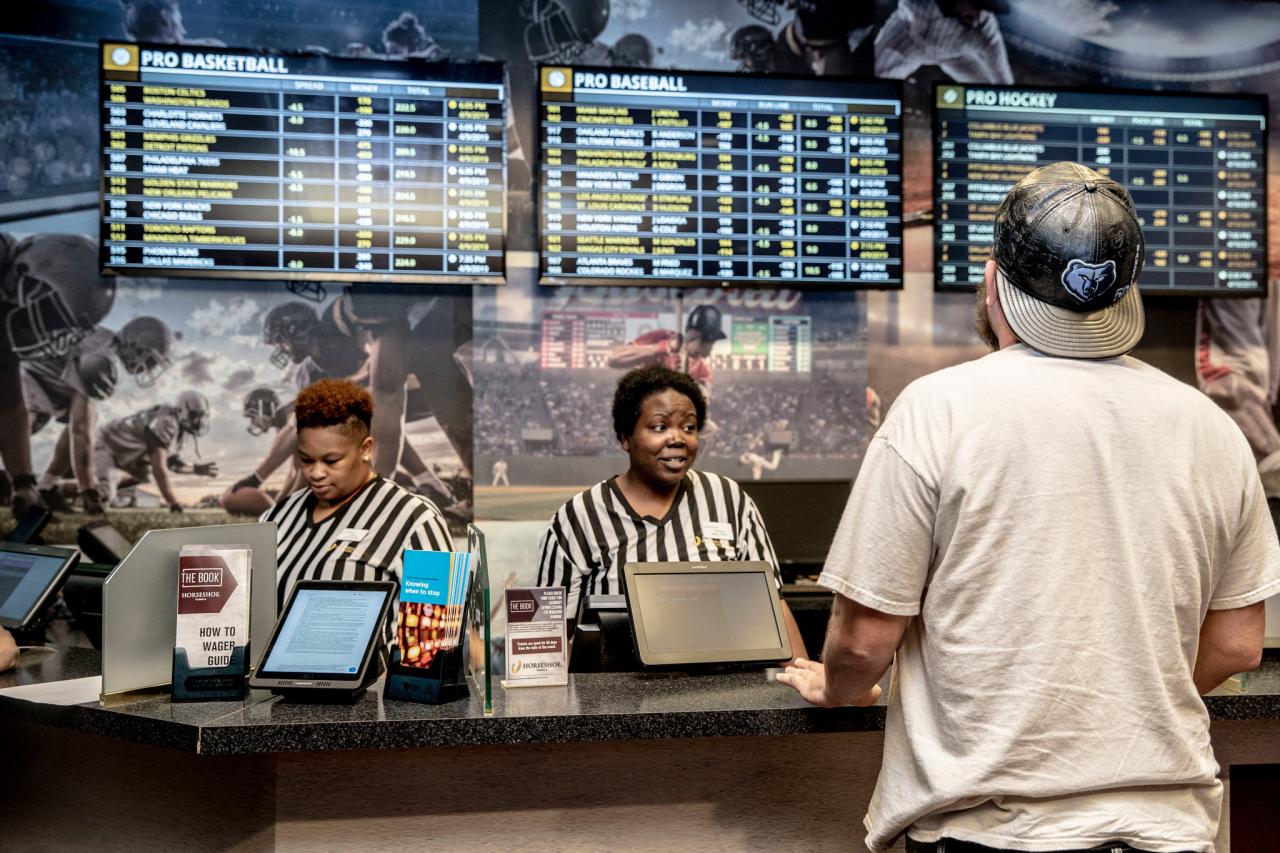Bet on sports
Back in the mid-2000s, under the phrase “to bet on sports,” we meant going to the “booth” where there is a cashier. One could stay there and immediately place one, two or ten bets on the spot.
At the same time, the bettor received a check in his hands, which could be cashed out immediately after the bet was settled. And even then, the format of a certain was very popular, when players were given a coupon with an express, where they could mark the results of matches in the hope of hitting a big jackpot.
Times have changed. The 2010s were marked by the collapse of the betting market. Online bookmakers have not only caught up, but also overtaken offline in terms of popularity and volume.
As a result, the number of betting shops gradually began to decline. And some large companies have abandoned the offline segment altogether.
Why is online betting becoming more popular, and is there a place for offline bookmakers in the new reality?

Offline and online bets: the history of development and formation
The formation of rates as a legitimate business took place in Britain. So the laurels of the first man-bookmaker are often given to William Ogden, who in the 1790s organized the acceptance of bets on horse racing in a small “circle” of fans of this fun.
And half a century later, in 1850, an office was created by Leviathan Davis and Fred Swindell. They gave the players leaflets with odds (odds), i.e. actually the prototype of modern coupons.
Then there was the foundation of the totalizator, the formation of football and rugby, the popularization of rates in the USA and other countries. Even before the war, large bookmakers began to appear in the same UK.
By the first half of the 90s, almost every country in the world had its own betting companies operating in a land-based format.
But it was the Internet that made global betting.
And if back in 2003, online betting seemed exotic for most, then 3-4 years later, in Russia, the betting turnover reached nine-digit numbers in dollars.
Trust in online offices has gradually grown, as many well-known land-based brands have moved to the network.
And then iOS and Android appeared, online banking, electronic wallets became massive – everything became much easier for the average player.
Yes, and bookmakers have expanded the line, improved the functionality of sites, added broadcasts, international organizations have appeared that determine the standards of the industry on the Internet.
More and more countries have begun to legalize online betting.
Offline and online betting: comparison
We are entering the 2020s with the realization that online betting is not just a competitor to the offline niche, but the dominant direction in betting.
It accounts for 90% of the total betting turnover. Almost all over the world, operators are taking the path of PPP reduction: from William Hill . Does this mean that they will not install offline at all? No.
Offline betting will gradually become an exclusive product. They will cease to be massive, which they are now. Their main purpose will not be in the acceptance / placement of bets, but in the atmosphere and services accompanying this process.
Previously, reception points with had an infrastructural function – many players did not have computers, Internet access, they did not know how to transfer money on the Internet.
Now the “points” will increasingly be reformatted towards sports bars and clubs. In such establishments, the bettor can not only place a bet, but also watch sports, chat with friends and like-minded people, drink beer and even have a bite to eat.

The usual “infrastructural” betting shops will be gradually abandoned. Because it is easier for the player to get the phone and make a few clicks in it than to go to a specially designated place for this.
And the betting company does not need to spend money on staff, equipment, rent. Offline bets will survive, but how exclusive and atmospheric. The basis of any betting company will be an online direction.
Pros of online betting
- Availability. It is enough to have a device with access to the network at hand;
- Lack of reference to place and time;
- The intimacy of the process. You can put without “other people’s eyes”, while doing other things at the same time.
Flaws
- May require additional verification;
- There may be delays in the payment of winnings;
- Fast cutting of limits;
- More weird bid refunds under various pretexts.
Pros of offline betting
- The presence of sports broadcasts in clubs on large screens;
- Fewer “weird” returns and, in general, a lower probability of not receiving a payment on a winning bet;
- Peculiar atmosphere + additional services (kitchen, commentators);
- The ability to quickly get the winnings in hand.
Disadvantages Offline
- Possible conflict situations with other players, rudeness from employees;
- Normalized work schedule of departments;
- Need to spend time to get;
- There may not always be a day at the checkout to pay out the winnings.

